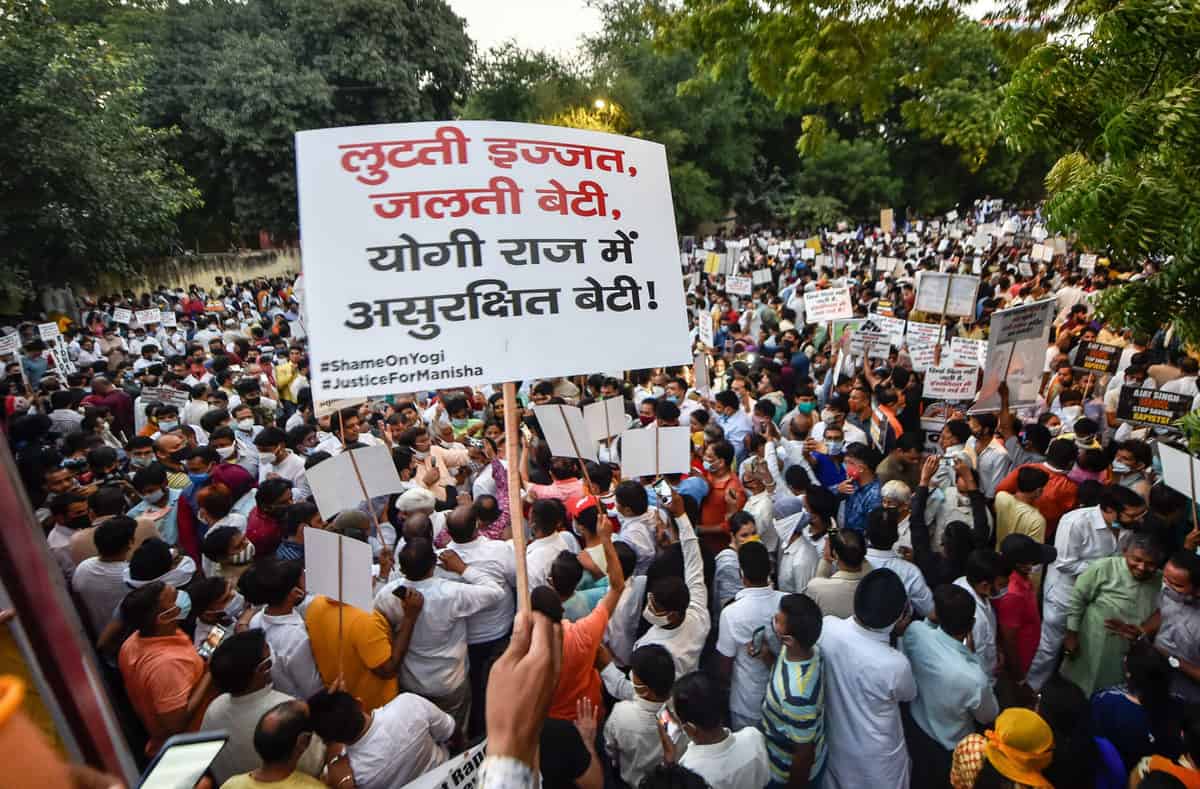New Delhi: On the evening of Friday, 2 October, a phone conversation between India Today journalist Tanushree Pandey and a relative of the Dalit woman who was allegedly gang-raped and murdered in Hathras, was leaked on social media. Another recording of Congress general secretary’s alleged adherent also went viral.
It is unclear how exactly the conversations in question were recorded, and how they reached social media and certain sections of the media.
However, given the family’s claims that they are under surveillance and their phones had even been taken away by the police at one point, there are credible concerns of phone-tapping.
In fact, when asked about this on an India Today show, BJP IT Cell head Amit Malviya did not deny the allegation, saying there are processes in place for tapping phones.
“Phone of either their journalist or the victim’s family was tapped, and that the telephone call has been illegally released in public with malafide intentions,” argued India Today.
Is phone-tapping legal ?
The power to tap phones comes from Section 5(2) of the Indian Telegraph Act 1885, which allows for the blocking and interception of transmissions between persons, on the occurrence of any “public emergency” or in the interest of public safety, subject to certain other requirements being met.
The central government has the power to make specific rules relating to interception or blocking. However, there have never been any rules framed for phone-tapping by the government.
As told by The Quint, even once it has been established that there is a public emergency or that there is a public safety interest, an order for phone-tapping can only be made after recording reasons in writing for why it is necessary or expedient to do so in the interests of:
- The sovereignty and integrity of India;
- The security of the State;
- Friendly relations with foreign States;
- Public order; or
- For preventing incitement to the commission of an offence.

